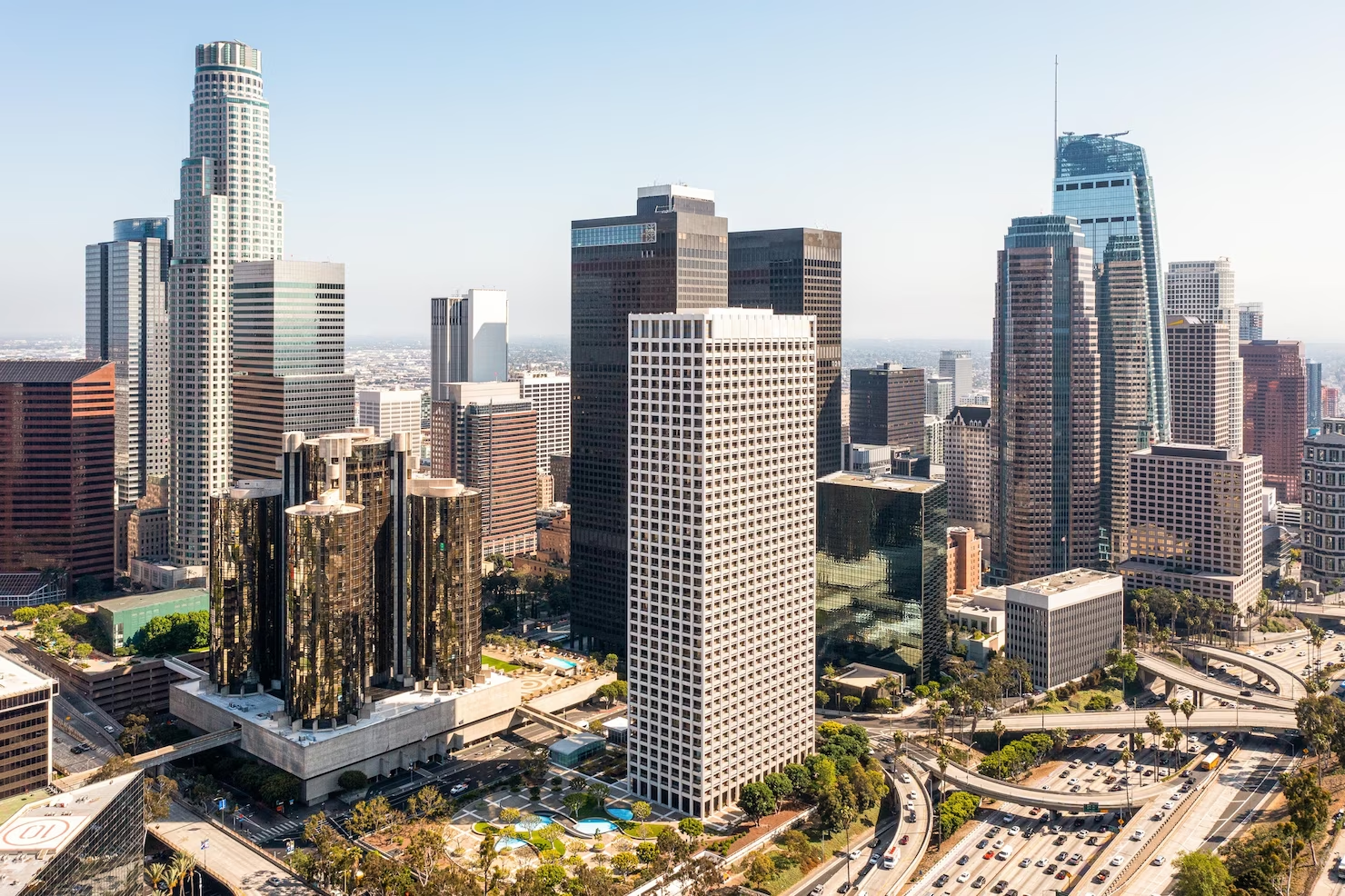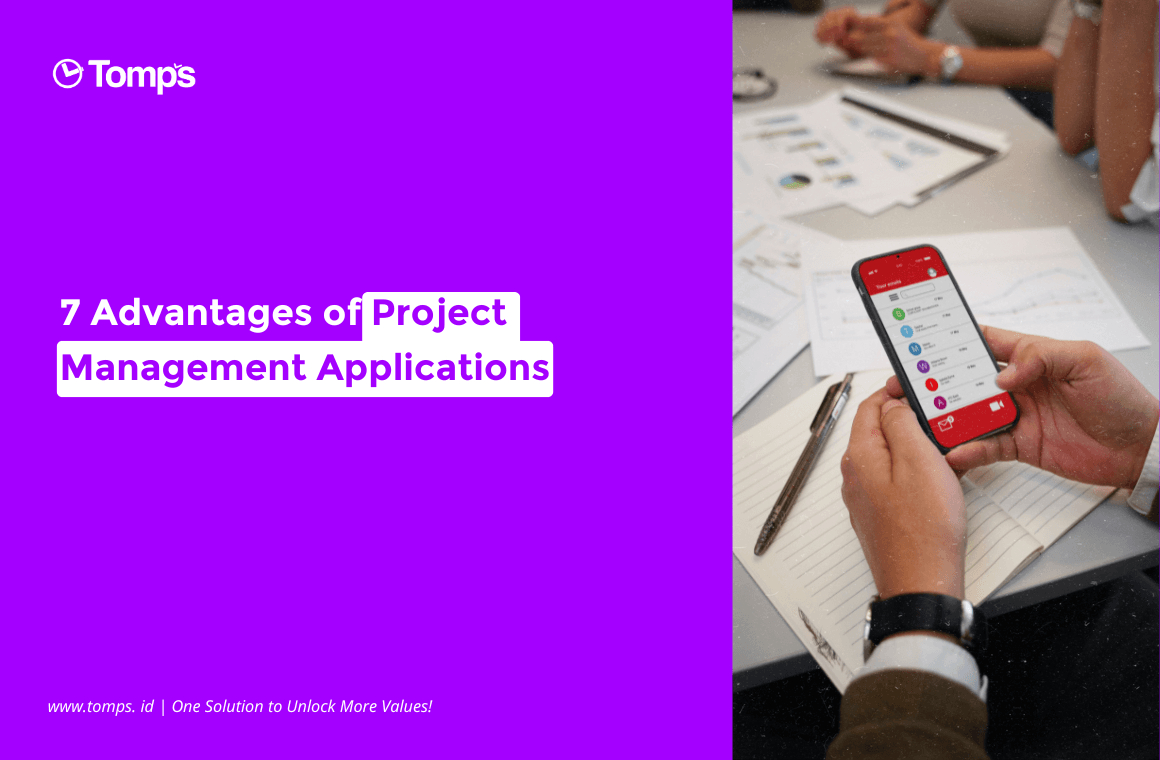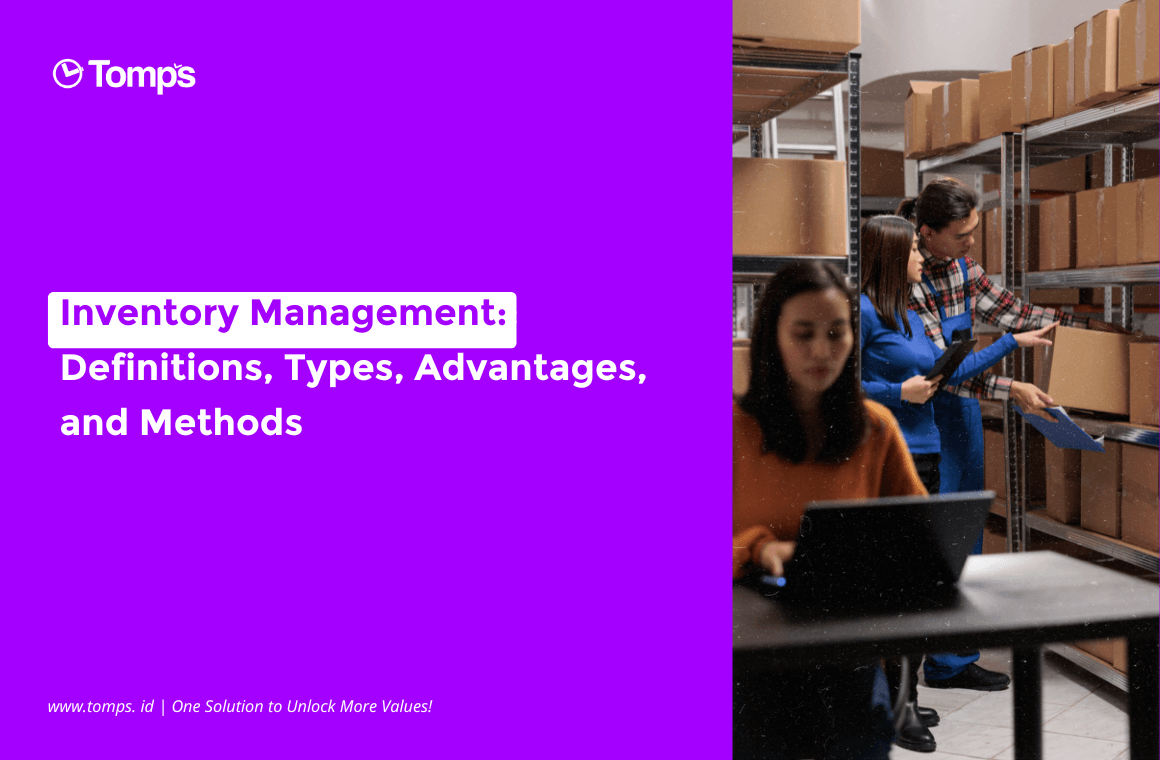Indonesia is a vast and diverse country with over 17,000 islands and 270 million people. As an archipelago, Indonesia faces various challenges in terms of development and equity, especially between Java and other islands. One of the government's efforts to address these challenges is to plan the relocation of the country's capital city from Jakarta to East Kalimantan. This new location is better known as Nusantara or the Capital of the Archipelago (IKN).
The relocation of the national capital is a national strategic project that aims to realize Indonesia's vision as the world's maritime axis, improve people's welfare, strengthen national sovereignty and integrity, and preserve the environment. The project is also expected to reduce the burden on Jakarta as the center of government, business, and population and accelerate development in eastern Indonesia.
However, a strategic project of this magnitude takes work to implement. It requires careful planning, practical implementation, and strict supervision to ensure the project follows the goals and objectives set. In this case, project management is one of the keys to successfully implementing and completing the IKN project. This article will discuss information related to the master plan, the latest progress, obstacles and challenges, and government strategies related to IKN project management.
Master Plan for the Ibu Kota Nusantara (IKN)
Quoting from the MCM Properti Syariah page, a master plan is a file that explains development planning to be more systematic. The master plan includes urban design, landscape, infrastructure, service provision, circulation, current and future land use, and building forms. The master plan also shows the overall development concept that includes a vision of an area that prospered for all its inhabitants, both environmentally, socially, and economically.
The IKN master plan was prepared by the Badan Perencanaan Pembangunan Nasional (Bappenas) and international consultants AECOM and Nippon Koei. Then, it was approved by President Joko Widodo and stipulated through Peraturan Presiden Nomor 63 Tahun 2022 concerning Details of the Nusantara Capital City Master Plan. IKN Nusantara infrastructure development is carried out in stages by carrying out the concept of a "Future Smart Forest City of Indonesia."
IKN is planned to have three fundamental concepts in spatial planning, namely:
1. Forest City
This concept carries the principles of green development that is environmentally sound. This concept emphasizes the importance of maintaining a balance between infrastructure development and the preservation of forest ecosystems. This concept also emphasizes the importance of maximizing the use of natural resources wisely and sustainably. This concept is realized by implementing high environmental standards, such as net zero carbon emission, 100% renewable energy, efficient water and waste management, waste reduction and recycling, and biodiversity protection.
2. Smart City
This concept carries the principles of technology-based smart development. This concept emphasizes improving infrastructure development's performance, safety, comfort, and sustainability by utilizing advanced and innovative technology. It also highlights the importance of encouraging collaboration between the government, private sector, academia, and the community in creating smart solutions to urban problems.
3. Wellness City
This concept carries the principles of wellness development oriented towards human well-being. This concept emphasizes the importance of creating physical and social environmental conditions that support city residents' physical and mental health. It also highlights the importance of providing accessibility and equal opportunities for all city residents to enjoy quality public services. This concept is realized by building infrastructure and facilities that support socio-cultural functions, such as education, health, sports, arts, and religious centers.
In addition, it is mentioned that the IKN project will develop three main areas, namely the Kawasan Inti Pusat Pemerintahan (KIPP), the Western Area, and the Eastern Area. KIPP is planned to be an area that is the center of government activities, diplomacy, and protocol. This area includes the Presidential Palace, MPR/DPR/DPD Building, Ministries/Institutions, TNI/Police, BIN, Embassies, and others. Meanwhile, the East and West Areas will be focused on office areas, businesses, talent development centers, universities, and other facilities.
Based on the official website of the Kementerian PUPR, all IKN infrastructure development carried out by the Kementerian PUPR for the initial stage of 2022-2024 consists of around 103 construction projects with a total cost of USD1.59 billion or IDR23.94 trillion, all of which come from the government budget.
The target implementation time of the IKN project is from 2022 to 2045. This target is divided into five phases, namely:
Phase I (2022-2024)
Early stage development, including the transfer of ASN, TNI, Polri, and BIN to the IKN Area, construction of significant infrastructure such as the Presidential Palace, MPR / DPR / DPD Building, and housing, as well as the construction and operation of basic infrastructure for 500,000 early stage residents.
Phase II (2025-2035)
Core development, including completion of the relocation of the IKN government center, development of the next phase of the city, such as innovation and economic centers, development of priority economic sectors, implementing an incentive system for priority economic sectors, and achieving sustainable development goals.
Phase III (2035-2045)
Continued development, including the development of infrastructure and ecosystems of the three cities in the IKN Region, making IKN the number one FDI destination for priority economic sectors in Indonesia and becoming a top 5 destination in Southeast Asia, achieving net zero carbon emission and 100% renewable energy in installed capacity.
Phase IV (2045 and beyond)
Sustainable development, including cementing IKN's reputation as a "World City for All" and becoming a world-leading city in terms of competitiveness, ranking in the top 10 livable cities, and achieving net zero carbon emission and 100% renewable energy at installed capacity. IKN is also targeted to be the first city in the world with a population of more than 1 million to achieve the carbon-neutral target.
Phase V (2050 onwards)
Maintenance and improvement, including maintaining and repairing existing infrastructure and facilities in IKN, improving public services and community welfare, developing potential new economic sectors, and anticipating global environmental changes and future challenges.
Current Progress of IKN Development
After the IKN master plan was approved and determined, the IKN project began to enter the preparation stage for development. The central and local governments have carried out various activities to prepare for the construction of IKN. Here are some of the activities that have been carried out to date:
1. Detailed Planning
This activity has been completed by Bappenas together with international consultants AECOM and Nippon Koei to prepare the technical design and cost budget design of each infrastructure to be built in IKN. This activity has also involved relevant ministries/institutions as infrastructure users.
2. Land Procurement
This activity has reached around 80 percent, with a land area inventoried about 205,000 hectares out of 256,000 hectares. This activity is carried out by the Kementerian ATR / BPN together with the East Kalimantan Provincial Government and the North Penajam Paser / Kutai Kartanegara District Government to identify and inventory land that will be used for the construction of IKN. This activity also involves local communities as land owners or land rights holders.
3. Licensing
This activity has reached a progress of around 70 percent, with the number of licenses issued around 140 out of 200. Kementerian Dalam Negeri carries out this activity with the Provincial Government of East Kalimantan and the District Government of Penajam Paser Utara/Kutai Kartanegara to take care of various licenses required to develop IKN. This activity includes administrative, technical, environmental, and social licensing.
4. Land Acquisition
This activity has reached a progress of around 60 percent, with a land area that has been acquired of about 123,000 hectares out of 205,000 hectares. This activity is carried out by the Kementerian ATR / BPN together with the East Kalimantan Provincial Government and the North Penajam Paser / Kutai Kartanegara District Government to carry out the process of land acquisition that has been identified and inventoried for the construction of IKN. This activity involves local communities as landowners or land rights holders. This activity also prioritizes the principles of justice, humanity, and participation.
5. Basic Infrastructure Development
This activity has reached progress of around 40 percent, with some basic infrastructure that has been completed, such as the Balikpapan-Samarinda toll road, Sepaku-Samarinda arterial road, Mahakam IV bridge, APT Pranoto airport, Balikpapan Baru port, Samarinda-Bontang railway, 500 kV electricity, Sepaku River clean water, Embung Mentawir wastewater, Sepaku Semoi Dam drainage, East Palapa Ring telecommunications, and Kalimantan Java gas pipeline. This activity is carried out by the Ministry of PUPR together with BUMN, BUMD, the private sector, and PPP to build the basic infrastructure needed to support the development of IKN. This basic infrastructure includes toll roads, arterial roads, collector roads, local roads, bridges, tunnels, airports, ports, railways, public transportation, electricity, clean water, wastewater, drainage, telecommunications, and gas.
Until now, the progress of the IKN project is still at the preparatory stage of development. The central and local governments have carried out various activities to prepare for the development of IKN. However, these activities still need challenges and obstacles, such as inter-agency coordination, regulatory adjustments, budget limitations, community involvement, environmental impacts, and natural disaster risks.
Challenges and Obstacles in the IKN Development Project
The government and all parties involved are facing several challenges and obstacles during the IKN development project, which include:
1. Inter-Agency Coordination
The development of IKN involves many institutions, including the central government, regions, BUMN, BUMD, the private sector, and PPP. This requires good and effective coordination between all parties involved to avoid overlap, conflict, or delay in project implementation. This coordination must also consider legal, technical, social, environmental, and security aspects.
2. Regulatory Adjustments
The development of IKN requires regulatory adjustments that support and facilitate this project. Some of the regulations that need to be adjusted include those related to the legal status of the IKN area, business licensing, environmental protection, labor protection, MSME empowerment, investment, taxation, and law enforcement. These regulatory adjustments must be made quickly and appropriately to maintain the project.
3. Budget Limitations
The development of IKN requires a considerable budget, around IDR 466 trillion. This budget comes from the APBN, APBD, BUMN, BUMD, private sector, and PPP. However, this budget must still be increased to finance all the required infrastructure. Therefore, a cost-saving strategy, resource optimization, and searching for alternative funding sources are needed to cover the budget shortfall.
4. Community Involvement
The development of IKN impacts local communities living in the IKN area. Local communities have rights to the land and natural resources in the area. Therefore, community involvement is needed in the IKN development process, starting from planning land acquisition, land acquisition to infrastructure maintenance. This community involvement must be done by respecting their rights and providing fair and proper compensation.
IKN Project Management
The IKN project is a very complex and multidimensional project involving many parties, resources, activities, and risks. The project also has clear goals and objectives and strict time, cost, and quality constraints. Therefore, this project requires excellent and professional project management to ensure the project runs according to plan.
Quoting Dimyati and Nurjaman in the book "Project Management" (2014), project management is a procedure for organizing and managing important sources of income to complete the project from start to finish. Project management can be applied to any project and is widely used to complete large and complex projects. Project management's primary focus is achieving the project's ultimate goal within the constraints of available time and funds.
In the context of the IKN project, the government has made various efforts to implement suitable and professional project management, including:
- Establishes the Badan Otorita Ibu Kota Negara (BOIKN) as a non-structural institution directly responsible to the President in managing the IKN project. BOIKN has duties, functions, authorities, organizational structure, work procedures, and budget as stipulated in Presidential Regulation No. 80/20192. BOIKN is also supported by a Steering Committee led by the President as Chairman and Kementerian PPN/Head of Bappenas as Executive Chairman.
- Developing the IKN master plan is an important document that comprehensively describes the concepts, strategies, programs, activities, and budgets to realize the vision and mission of the IKN project. The IKN master plan was prepared by Bappenas and international consultants AECOM and Nippon Koei and involved relevant ministries/institutions as infrastructure users. The IKN master plan is stipulated through Peraturan Presiden Nomor 63 Tahun 2022.
- Procure goods and services quickly and appropriately for IKN infrastructure development. Procurement of goods and services follows the principles of transparency, accountability, efficiency, effectiveness, competition, fairness, and non-discriminatory. Procurement of goods and services is also carried out by considering aspects of the environment, socio-culture, laws and regulations, security, and defense.
- Conduct regular supervision and evaluation of the implementation of the IKN project. Management and assessment are carried out to monitor work progress, control the quality of work results, identify problems and risks that arise, and provide recommendations for improvements or adjustments if needed. Supervision and evaluation are also carried out to measure the impact of the IKN project on the environment, socio-culture, economy, laws and regulations, security, and defense.
In addition, the government also involves the role of technology in managing IKN projects, such as:
1. BIM (Building Information Modeling) Technology
This technology is a method or system of digitally managing or organizing various construction project activities. This technology allows construction work to be monitored in real-time, including access to document management and design and construction approvals. This technology also helps coordination, integration, efficiency, and quality control of work results.
2. GIS (Geographic Information System) Technology
This technology is an information system that collects, stores, analyses, and displays geospatial data. This technology enables accurate and comprehensive mapping and spatial planning of IKN. It also helps manage natural resources and the environment in the IKN region.
3. Smart Construction Technology
This technology is a concept of infrastructure development that uses advanced and innovative technology to improve performance, safety, comfort, and sustainability. Some examples of smart construction technology used or utilized in IKN projects include electric charging lanes, alternative use of primary roads as runways, integrated urban water management, immersed tunnels on toll roads, and smart parking systems.
The government has made various efforts to implement suitable and professional project management in the IKN project, including using technology. These efforts reflect the government's commitment to realizing the IKN project. These efforts also reflect the application of project management principles in determining the scope of work, work time, work budget, work regulations, and work governance. In addition, this government also pays attention to other aspects related to the IKN project, such as the environment, socio-culture, economy, laws, regulations, security, and defense.
Conclusion
The government's plan to relocate the national capital from Jakarta to East Kalimantan, precisely the Nusantara or Ibu Kota Nusantara (IKN), is an effort to overcome challenges in development and equity in Indonesia. The IKN master plan has been prepared for a long time. The master plan states that the IKN project has three basic spatial planning concepts: Forest City, Smart City, and Wellness City. However, this giant project needs help with inter-agency coordination, regulatory adjustments, budget limitations, and local community involvement. To achieve the IKN project's success, reasonable and professional project management is critical. The government has made various efforts to manage this project more effectively and efficiently, including using BIM, GIS, and Smart Construction technologies.
Finally, the IKN project has excellent potential to address the development imbalance between Java and other islands and positively impact society and the environment. However, the government must continue to face challenges and overcome existing obstacles with commitment, cooperation, and rigor in managing this project. With the implementation of good project management and appropriate technology, the IKN project has an excellent opportunity to succeed and realize Indonesia's vision as an advanced and sustainable world maritime axis.
References:
Hamdan, D., & Nurjaman, K. (2014). Manajemen proyek. In Bsi.ac.id. Pustaka Setia. https://elibrary.bsi.ac.id/readbook/203909/manajemen-proyek
Kementerian Pekerjaan Umum dan Perumahan Rakyat. (2023). Kementerian PUPR Ajak Investor Jepang untuk Berinvestasi di IKN Nusantara. Kementerian PUPR. https://www.pu.go.id/berita/kementerian-pupr-ajak-investor-jepang-untuk-berinvestasi-di-ikn-nusantara
Peraturan Presiden Republik Indonesia. (2022). Peraturan Presiden Republik Indonesia No 63 Tahun 2022. https://www.ikn.go.id/storage/regulasi/perpres-63-tahun-2022.pdf
Team MCM Properti. (2022, September 15). Pelajari Apa Itu Masterplan Dan Contoh Lengkapnya - Real Estate Developer Tangerang Selatan. Real Estate Developer Tangerang Selatan. https://mcmproperti.id/blog/ideas/apa-itu-masterplan







